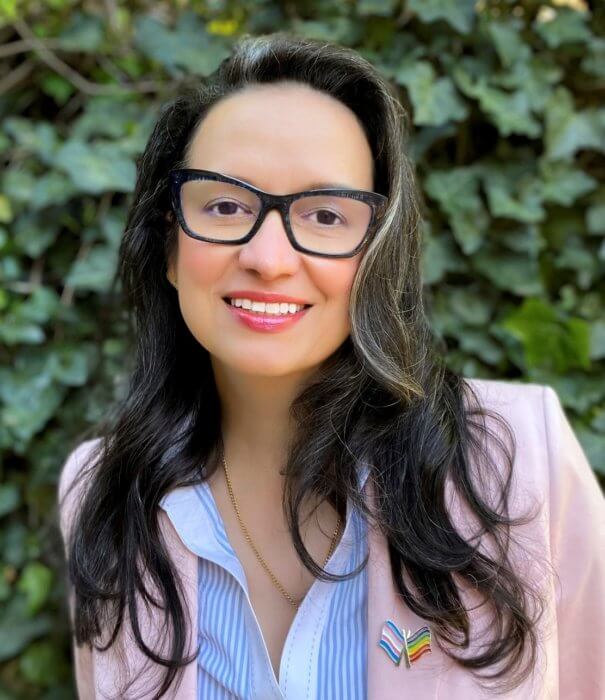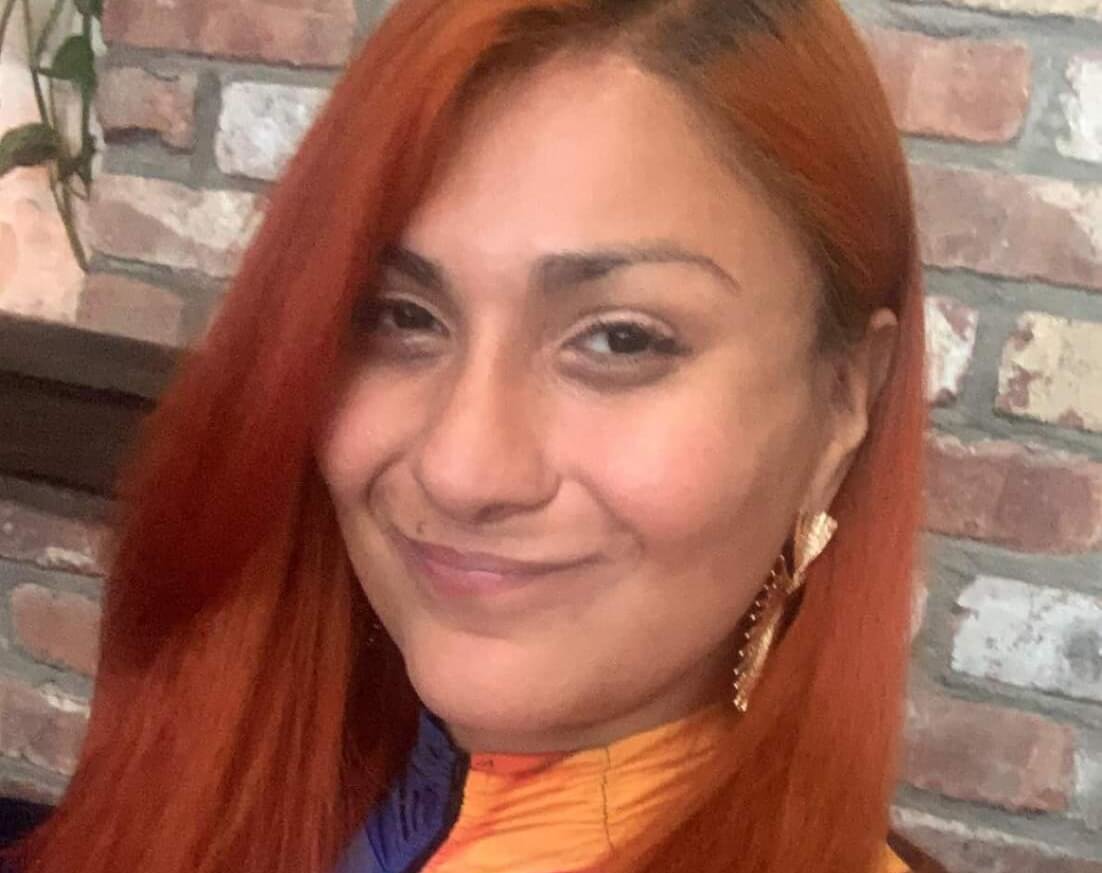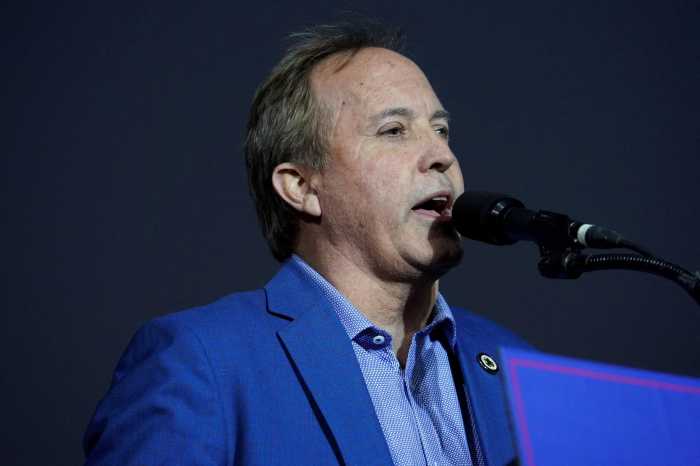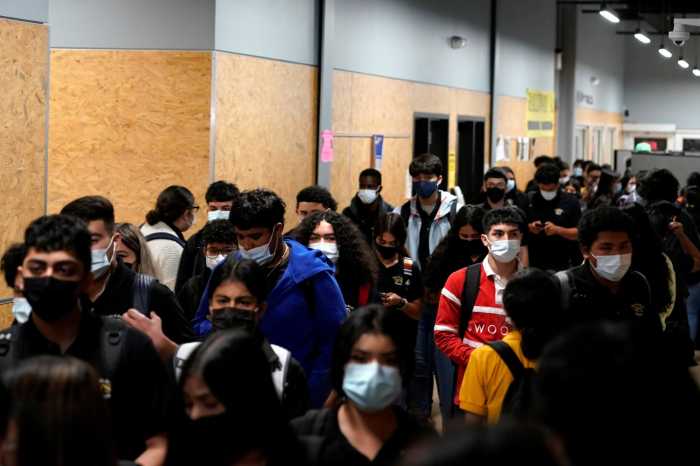Asia Lyons spends her days working with clients as part of the Visiting Nurse Service of New York’s (VNSNY) Gender Affirmation Program, which provides home-based care to transgender and non-binary individuals in New York City following gender affirmation surgery. Lyons is a licensed social worker, meaning she is particularly equipped to help clients — but her professional expertise is just one part of what she brings to the people she serves.
“Having been through gender affirmation surgery myself, I have first-hand knowledge of what our patients are experiencing,” Lyons said during a recent phone interview with Gay City News. “When I call patients and explain I’m trans, many are in tears.”
Those kinds of connections demonstrate the importance of the Gender Affirmation Program, which has served more than 1,100 patients and counting. The program taps into a network of clinicians, nurses, physical therapists, and home health aides — and they all undergo training on how to take care of trans and non-binary patients in the aftermath of surgery.
The program, now six years old, was moving full speed ahead until the COVID-19 pandemic arrived and prompted the cancellation of elective surgeries, including gender-affirming surgeries. But now, with many restrictions lifted while cases are lower, demand for surgeries has jumped back up.
“The floodgates opened and people scheduled as many surgeries as possible,” Shannon Whittington, who leads the Gender Affirmation Program, told Gay City News.

The Gender Affirmation Program’s clients include people like Cookie Carter, who has lived in Harlem for 14 years and received a range of services as she recovered from surgery. She said VNSNY helped her obtain a grab bar for her shower and coordinated care with her doctors to ensure her medical needs were being met throughout the recovery process.
“After coming home, I was visited by a beautiful nurse,” Carter said. “And you know what she said when she came into the room? She introduced herself, called me Cookie, and said, ‘I am here for you.’ That made all the difference in the world.”
Among other services, VNSNY also helps to facilitate food distribution for clients in need, but many people are often reluctant to admit food insecurity. Lyons recalled a time when a client was receiving services for weeks before asking for help with getting food and attending medical appointments. Another client was recuperating from surgery in the Bronx when Lyons said she noticed that the client’s tone of voice indicated that they had not been eating enough food.
There are also times when clients simply need some reassurance before undergoing surgery.
“I had one patient who called me two days ago and she said, ‘I need to hear your voice. Tomorrow is my voice surgery,'” Lyons explained. “She needed to know everything was going to be OK — and that, to me, was a testament to the relationship I build with my patients.”
Establishing a foundation of trust is critical for VNSNY at a time when so many providers lack the necessary knowledge to serve trans and non-binary individuals. Whittington explained that the Gender Affirmation Program seeks out clinicians who are competent and sensitive enough to work with trans folks.
“Many don’t have access to another trans person who has had these procedures,” Lyons said. “Many are isolated. There is so much going on and some say they are not sure who to talk to for support.”
The lack of shared support systems, Lyons said, underscores the importance of Transgender Day of Visibility, which is recognized annually on March 31. While she stressed the need to stand up against hate and violence, she also pointed to the positive impact of visibility.
“Our voice counts and we matter, and sometimes it’s OK to come out of the shadows because we need to let our community know we are not alone,” Lyons said.
VNSNY has generated support to build on its work through the Gender Affirmation Project. The New York City Council has allocated funds to it, according to Whittington, while the federal government funded a five-year, $3.4 million grant for VNSNY and the Center for Home Care Policy and Research to study up to 300 clients for 18 months after undergoing surgery to determine how to best serve the clients in the future.



































